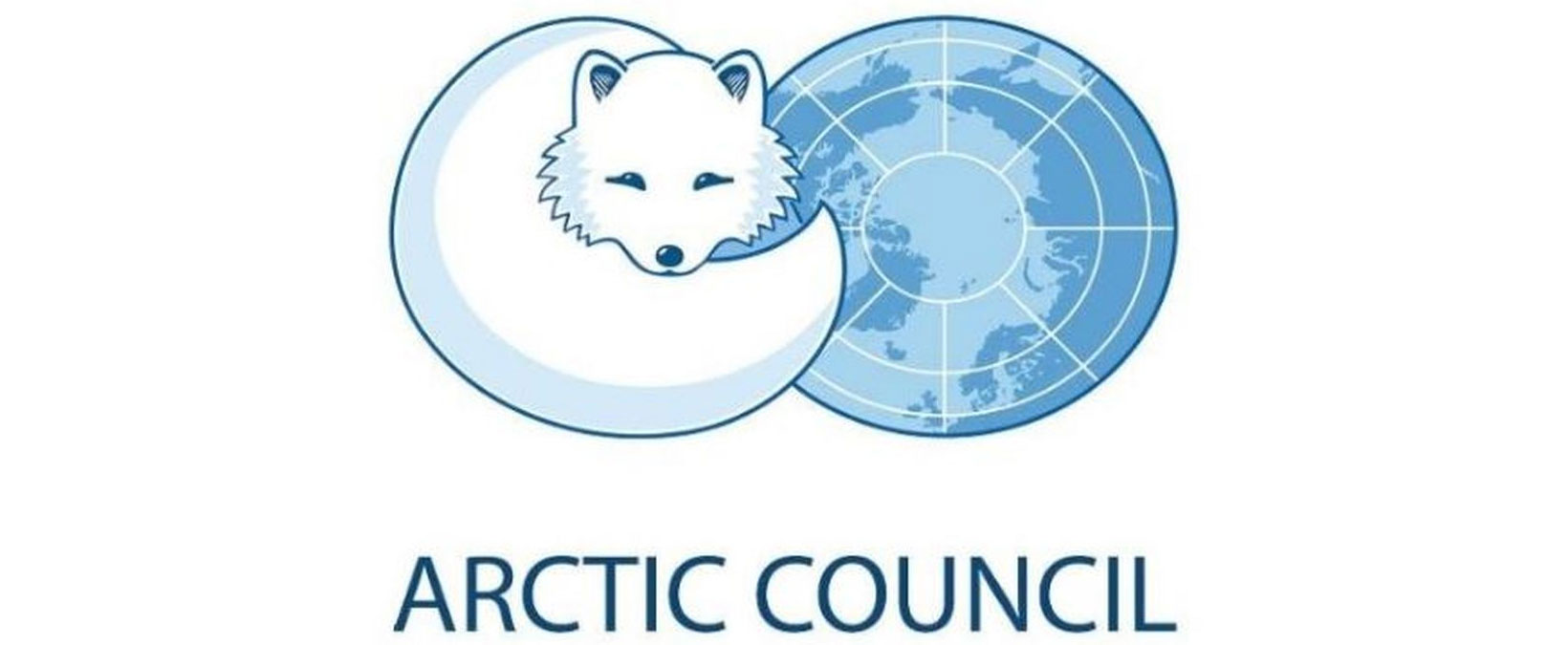The council was formed in 1996 and is considered to be the main intergovernmental forum for co-operation in the Arctic.

The Ottawa Declaration of 1996 formally established the Arctic Council as a high level intergovernmental forum for promoting cooperation, coordination and interaction between the Arctic States.
It brings together the 8 Arctic States and 6 Permanent Participants (representing the Indigenous Peoples of the Arctic) to work towards the Arctic as a
“region of peace, stability and constructive cooperation, that is a vibrant, prosperous, sustainable and secure home for all its inhabitants, including Indigenous Peoples, and where their rights and wellbeing are respected.”
The main focus of the Council is on sustainable development and environmental protection.
The leadership (Chairmanship) of the Arctic Council changes every two years, with each member country taking turns. The meetings are held twice a year and are hosted in the country which has the leadership at the time. There are smaller meeting in between the two main ones where smaller groups do research and write reports.
These reports help a project called the Arctic Governance Project understand how to deal with problems and make good decisions, especially since the Arctic is changing so quickly.
Brief Timeline of the Arctic Council
1987
Murmansk Speech: Soviet leader Mikhail Gorbachev proposes Arctic cooperation, including an environmental protection plan.
1991
Arctic Environmental Protection Strategy (AEPS): Agreed upon by Environment Ministers of Arctic States in Rovaniemi, Finland. This strategy established structures and working groups that continue today.
1996
Establishment of the Arctic Council: Formally created by the Ottawa Agreement signed in Canada. It superseded the AEPS and marked a new phase of scientific and political collaboration.
1996–2022 (approx.)
Era of Collaboration: The Arctic becomes a key region for international cooperation, contributing to global environmental and climate change efforts.
2022
Pause in Political Collaboration: Following Russia’s full-scale invasion of Ukraine, political collaboration in the Arctic Council is paused. Scientific collaboration resumes later.
May 2025
Denmark Takes Chairship: The Kingdom of Denmark, led by Greenland, assumes the biennial rotating Chairship of the Arctic Council.
Working groups of the Arctic Council
The working groups are in charge of carrying out the programmes and projects the Arctic Council asks them to do.
The council has six working groups which hold regular meetings, they are:
- Arctic Contaminants Action Programme (ACAP)
- Arctic Monitoring and Assessment Programme (AMAP)
- Conservation of Arctic Flora and Fauna (CAFF)
- Emergency Prevention, Preparedness and Response (EPPR)
- Protection of the Arctic Marine Environment (PAME)
- Sustainable Development Working Group (SDWG)
Observer status
Observer status allows non-Arctic states and organisations to be part of the Arctic Council’s work. They attend meetings, contribute to projects and working groups.
The UK was formally confirmed as an Observer State in 1998.
Observer status is open to:
- Non Arctic states
- Intergovernmental and inter-parliamentary organisations
- Global and regional organisations
- Non- governmental organisations
There is an Observer Manual which outlines the conditions observers have to meet in order to watch the proceedings of the Council.
Activity
Listen the the podcast below to find out more about the role the UK has in the Arctic from James Jansen – Senior Arctic Lead & Deputy Head of Polar Regions Department for the FCDO.
- Why do you think that countries which do not have land in the Arctic should want to be a part of the Arctic Council?
- What is the role the UK has in the the Arctic?
- Why should the UK have a role in the Arctic?
Find out about the UK’s engagement in the Arctic
- Link to The United Kingdom’s Arctic Policy
- Download UK engagement in the Arctic
Arctic changes
Make a list of the changes that are happening in the Arctic:
- What ways can the Arctic Council influence decisions made about this region?
- How can the observer states help?
- What are the opportunities and challenges faced by those involved?